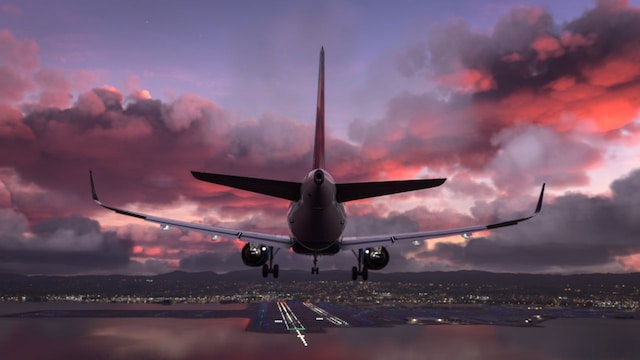The Directorate General of Civil Aviation (DGCA) has accepted the Federation of Indian Airlines’ (FIA) request to provide aggregated airfare data instead of ticket-wise fare details for trend analysis. Earlier, FIA members had reportedly refused to share individual airfare data for two years, citing concerns over competition. The FIA represents major airlines, including Air India, IndiGo, and SpiceJet. It emphasised its commitment to working with the DGCA and the Ministry of Civil Aviation to support the growth of the civil aviation sector by enhancing air connectivity at affordable fares.
 By Madeeha Mujawar March 27, 2025, 12:05:23 AM IST (Updated)
By Madeeha Mujawar March 27, 2025, 12:05:23 AM IST (Updated)

The Directorate General of Civil Aviation (DGCA) has accepted the Federation of Indian Airlines’ (FIA) request to provide aggregated airfare data instead of ticket-wise fare details for trend analysis, the FIA said in a statement on Wednesday.
Earlier, FIA members had reportedly refused to share individual airfare data for two years, citing concerns over competition.
“Following discussions, the DGCA has kindly accepted FIA’s request that member airlines furnish aggregated airfare data to enable DGCA to analyse airfare trends,” the domestic airlines body stated.
The FIA represents major airlines, including Air India, IndiGo, and SpiceJet. It emphasised its commitment to working with the DGCA and the Ministry of Civil Aviation to support the growth of the civil aviation sector by enhancing air connectivity at affordable fares.
Meanwhile, a Parliamentary panel has recommended an AI-driven mechanism for stringent airfare regulation, stating that the DGCA currently lacks the capacity for proactive fare monitoring.
In its 375th report, Demands for Grants (2025-26) of the Ministry of Civil Aviation, the Department-Related Parliamentary Standing Committee on Transport, Tourism, and Culture proposed granting the DGCA quasi-judicial authority to impose temporary price caps or penalties on airlines engaged in “exploitative” pricing.
The panel, chaired by JD(U) Rajya Sabha MP Sanjay Kumar Jha, also suggested developing a mobile application, Airfare Vigil, modelled after the Election Commission’s cVIGIL app, allowing citizens to report instances of arbitrary airfare pricing.
The report outlines an 18-24-month implementation timeline, with Phase I covering high-traffic routes within six months and a nationwide rollout by 2026. It also calls for revamping the DGCA’s existing Tariff Monitoring Unit (TMU) with AI-driven tools for real-time data analysis and anomaly detection.
The proposed Airfare Vigil app would be integrated with an AI-powered system, AirPrice Guardian, enabling citizen reports to complement predictive analytics in identifying exploitative pricing patterns.
“This initiative will foster participatory governance by involving citizens in airfare regulation while strengthening DGCA’s ability to address consumer grievances swiftly and effectively,” the report stated.
The panel believes that implementing AirPrice Guardian and Airfare Vigil app will enhance transparency and accountability in India’s aviation sector while addressing long-standing consumer concerns over airfare volatility.
(Edited by : Ajay Vaishnav)
First Published:
Mar 26, 2025 11:43 PM
IST





